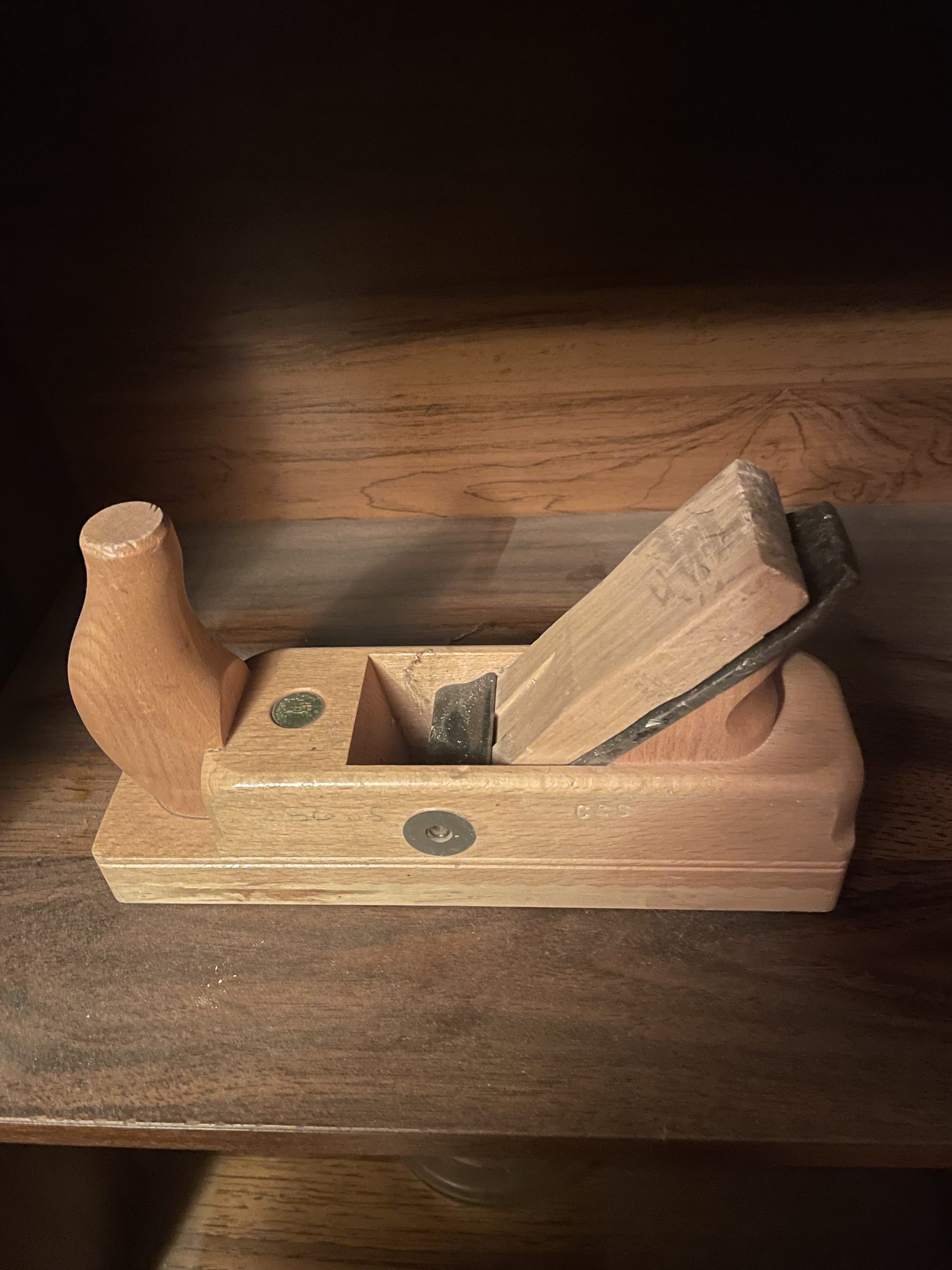
Woodworking is a craft that has been around for centuries. It involves the use of tools to shape and manipulate wood into a variety of useful and beautiful objects. In recent years, power tools have become more prevalent in woodworking, with many woodworkers opting for the convenience and speed they offer. However, there are still many benefits to using hand tools in woodworking. In this blog post, we will explore some of these benefits and why you should consider incorporating hand tools into your woodworking practice.
Hand Tools Offer More Precision
One of the biggest advantages of using hand tools in woodworking is the precision they offer. Hand tools allow woodworkers to make small, precise cuts that are difficult to achieve with power tools. This precision is especially important when working with delicate or intricate pieces of wood, where even the slightest mistake can ruin the entire project.
Hand Tools Are Quieter
Another benefit of using hand tools in woodworking is that they are much quieter than power tools. This can be especially important if you work in a shared space or live in a neighborhood where noise pollution is a concern. Hand tools allow you to work on your projects without disturbing others.
Hand Tools Are Safer
Safety is always a concern when working with tools, and hand tools offer several advantages in this area. For one, they are generally safer to use than power tools, as they don’t have the same potential for kickback or other accidents. They also allow woodworkers to work at a slower pace, which can help reduce the risk of injury.
Hand Tools Offer a Better Connection to the Wood
One of the most rewarding aspects of woodworking is the connection woodworkers feel to the wood they are working with. Hand tools offer a more intimate connection to the wood than power tools do. When using hand tools, woodworkers can feel the wood as they work with it, which can help them better understand its properties and work with it more effectively.
Hand Tools Offer a More Traditional Approach to Woodworking
Finally, using hand tools in woodworking can be a way to honor the craft’s rich history and traditions. Many woodworkers enjoy the sense of connection they feel to the woodworkers of the past when they use hand tools. It can also be a way to slow down and appreciate the process of woodworking, rather than rushing to complete a project as quickly as possible.
In conclusion, there are many benefits to using hand tools in woodworking. They offer more precision, are quieter, safer, offer a better connection to the wood, and offer a more traditional approach to woodworking. While power tools certainly have their place in woodworking, incorporating hand tools into your practice can help you develop your skills as a woodworker and create more beautiful, high-quality pieces.
Our website is supported by our users. We sometimes earn affiliate commissions when you click through the affiliate links on our website.
Click Here to download your free 440 page Woodworking Book with 50 free Plans